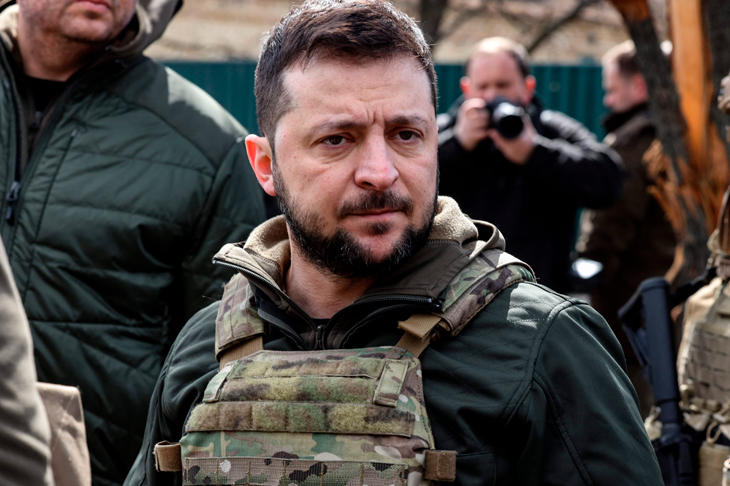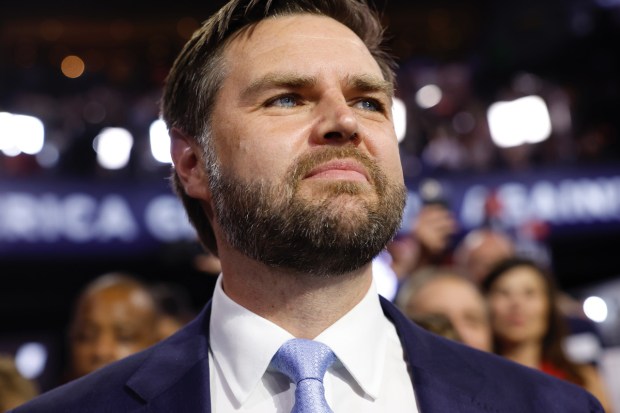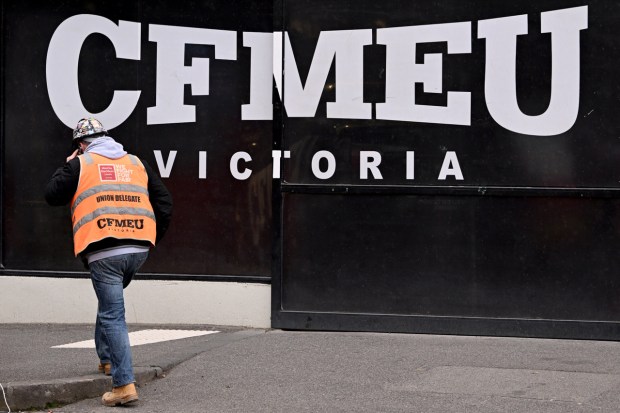The hysteria has moved on from Covid to Ukraine. Given official and media propaganda on lockdowns and vaccines on their own people, scepticism on their trustworthiness about a foreign war waged by Russia is understandable. The mainstream media and all Western leaders have echoed President Joe Biden’s Manichean framing of the war as a ‘great battle’ between democracy and autocracy, liberty and repression and a rules-based order and ‘one governed by brute force’.
Already a subscriber? Log in
Subscribe for just $2 a week
Try a month of The Spectator Australia absolutely free and without commitment. Not only that but – if you choose to continue – you’ll pay just $2 a week for your first year.
- Unlimited access to spectator.com.au and app
- The weekly edition on the Spectator Australia app
- Spectator podcasts and newsletters
- Full access to spectator.co.uk
Or
Unlock this article
You might disagree with half of it, but you’ll enjoy reading all of it. Try your first month for free, then just $2 a week for the remainder of your first year.












Comments
Don't miss out
Join the conversation with other Spectator Australia readers. Subscribe to leave a comment.
SUBSCRIBEAlready a subscriber? Log in